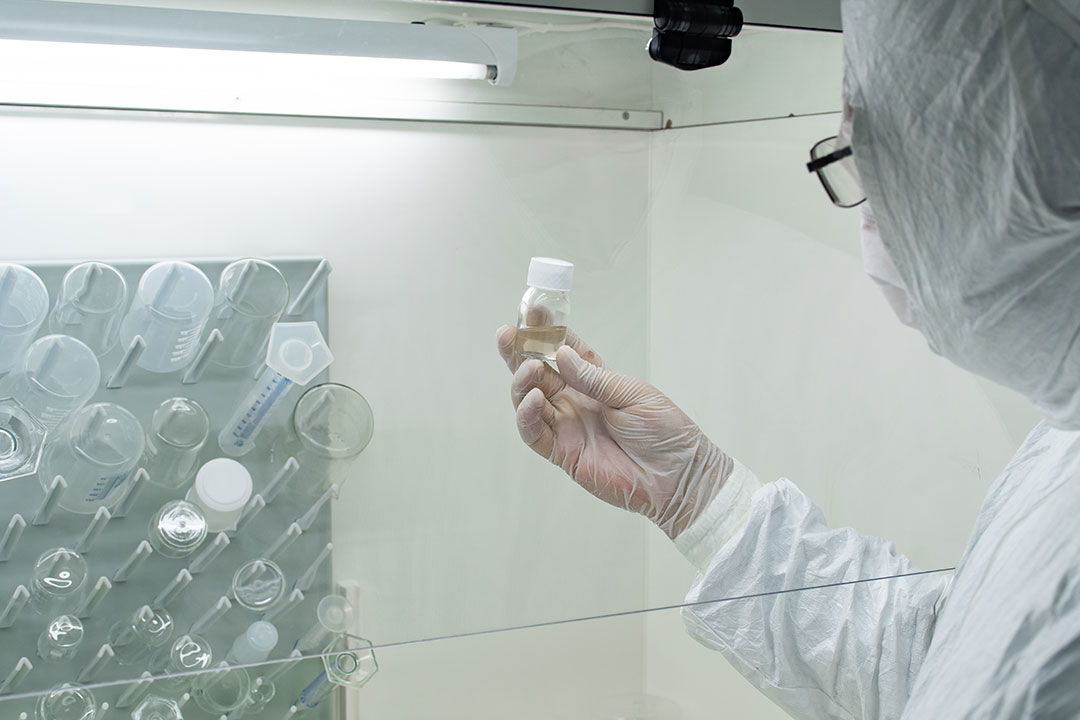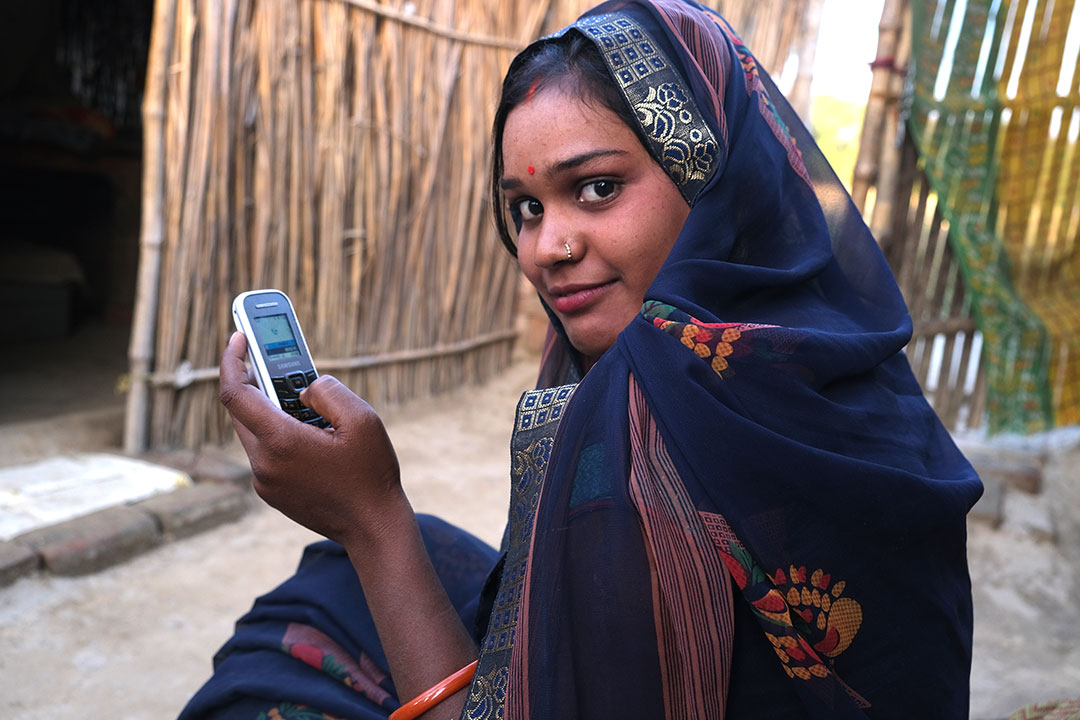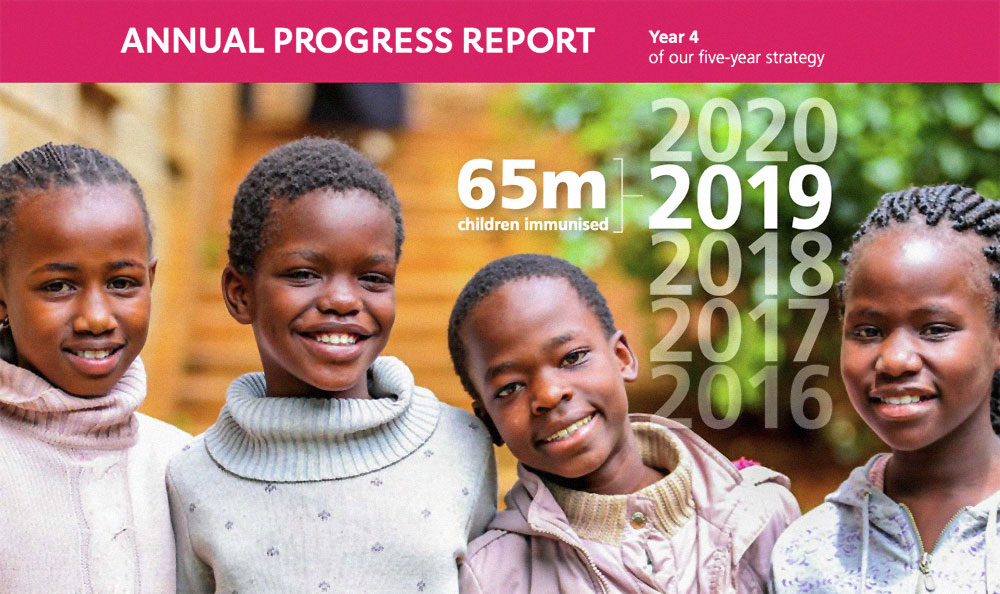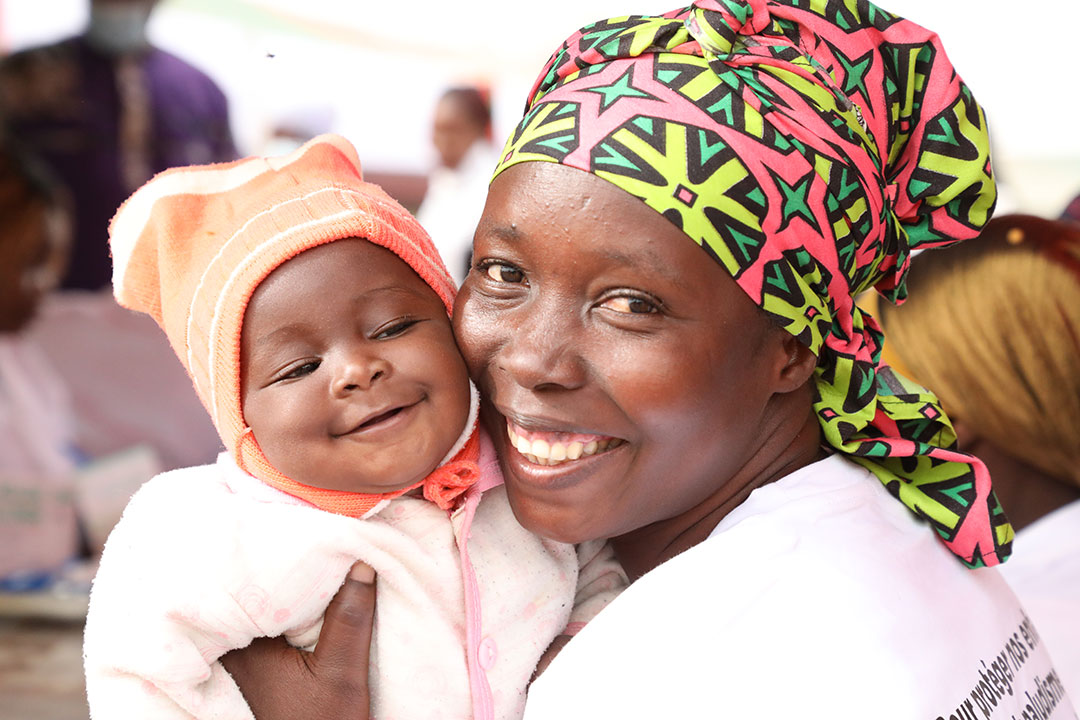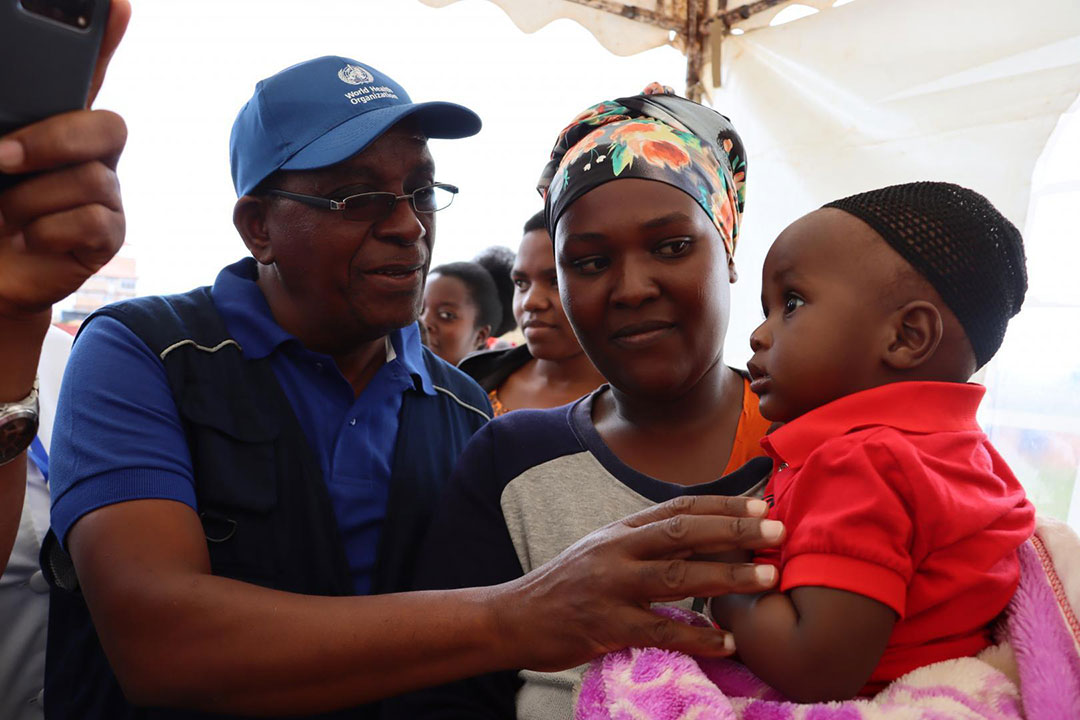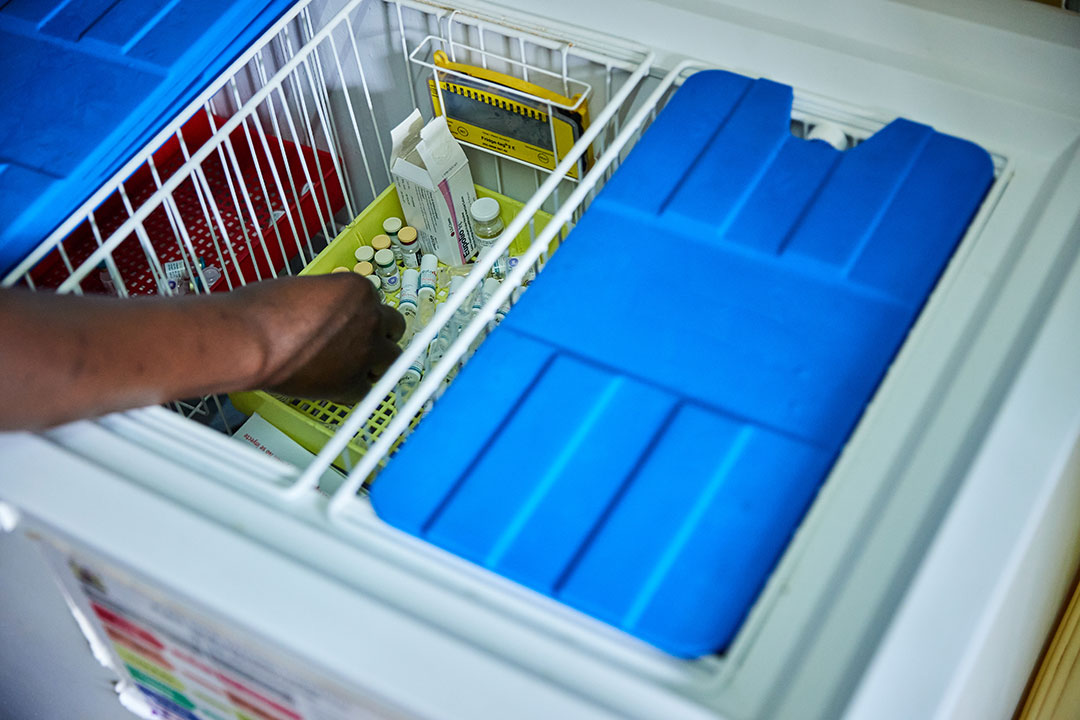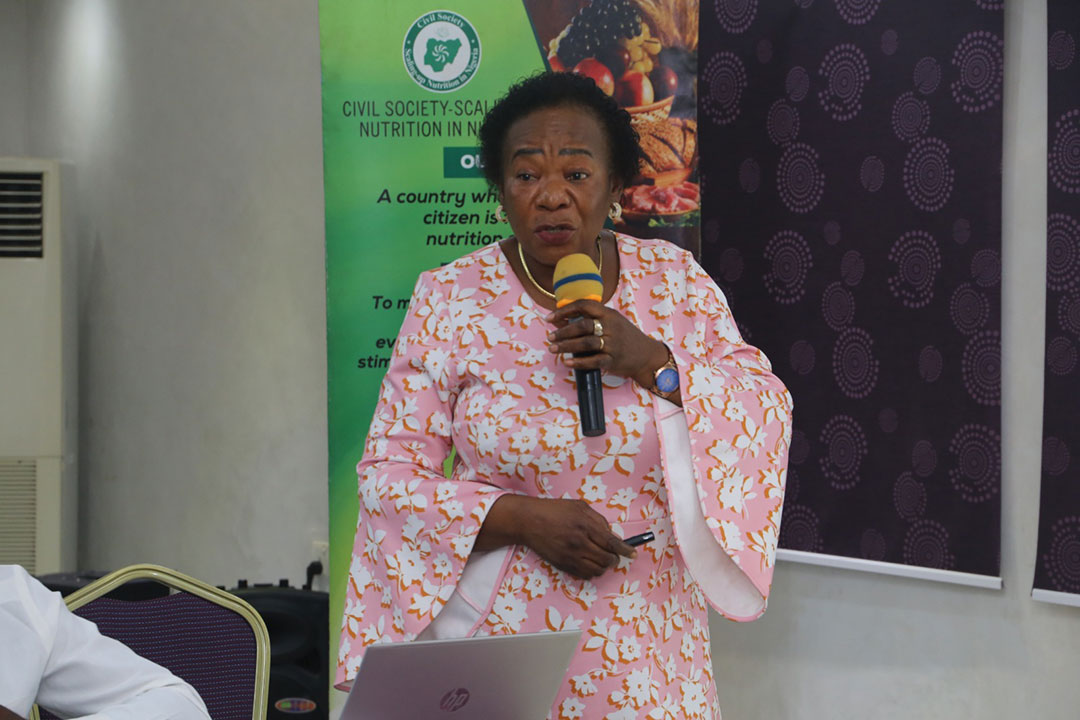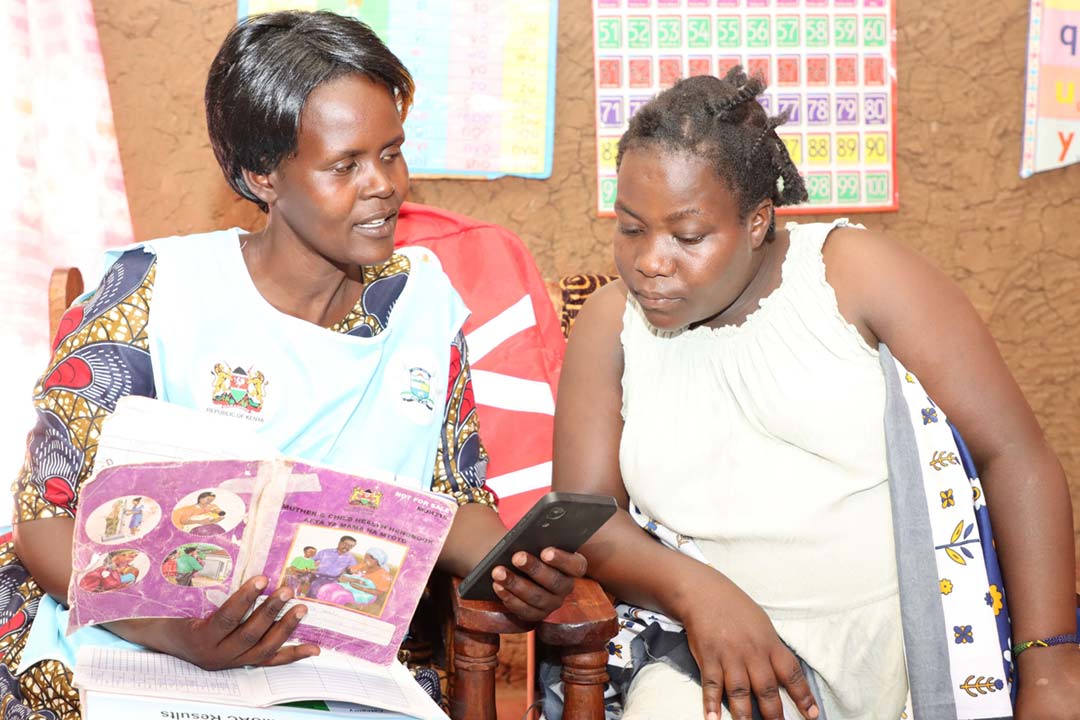Empowering countries to self-finance vaccines
A growing number of countries are transitioning out of Gavi support. Here’s how we help them sustainably finance and manage their vaccine programmes over the long term.
- 28 October 2020
- 4 min read
- by Gavi Staff

Supporting countries through transition...
By the end of 2019, 16 countries had transitioned to fully self-financing. All of them are successfully maintaining and self-financing their immunisation programmes. As a growing number of countries transition from Gavi support, we are helping them lay the foundation to continue sustainably financing and managing their vaccination programmes. We work to support institutional capacity development, and strengthening health and immunisation systems, so that countries are able to maintain high levels of immunisation after they have completed the transition to self-funding.
Transitioning from Gavi support to self-financing is a challenge, but it is one that most countries have been able to navigate successfully while maintaining high coverage rates and strong financing. We are continuing to work closely with countries where this transition is most challenging and helping others to learn lessons. Maintaining coverage rates and introducing new vaccines into routine schedules requires continued high-level political commitment and national investments. Increasingly, the Vaccine Alliance is adapting its approach based on a country’s individual circumstances and needs. The Gavi Board has approved tailored transition strategies to support two countries – Nigeria and Papua New Guinea – facing specific risks and serious challenges to transition.
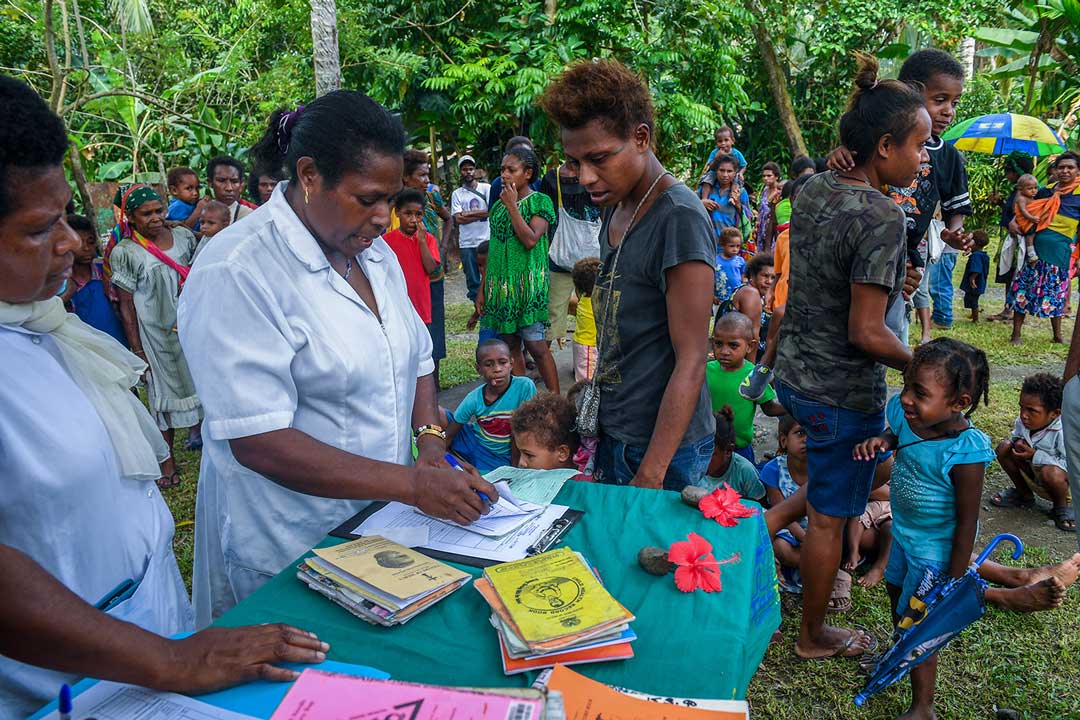
Gavi/2018/AAPIMAGE-Brendan Esposito
For example, the 2018–2028 Nigeria Strategy for Immunisation and PHC System Strengthening (NSIPSS) was designed to achieve clearly defined financing and programmatic objectives to support Nigeria’s progress towards successful transition, with a crucial emphasis on securing and sustaining financing of vaccines, immunisation and primary health care (PHC) expenditure.
This followed a 2018 commitment by the Gavi Board to provide Nigeria with more than US$ 1 billion in support (including state-level health system strengthening support), and to extend Nigeria’s transition timeline until 2028 in view of major challenges faced. In return, the Government of Nigeria, through its historical tripartite Accountability Framework agreement with the Gavi Secretariat and technical partners, committed to invest at least US$ 2 billion during the same period, drastically increasing its budgetary allocation to immunisation.
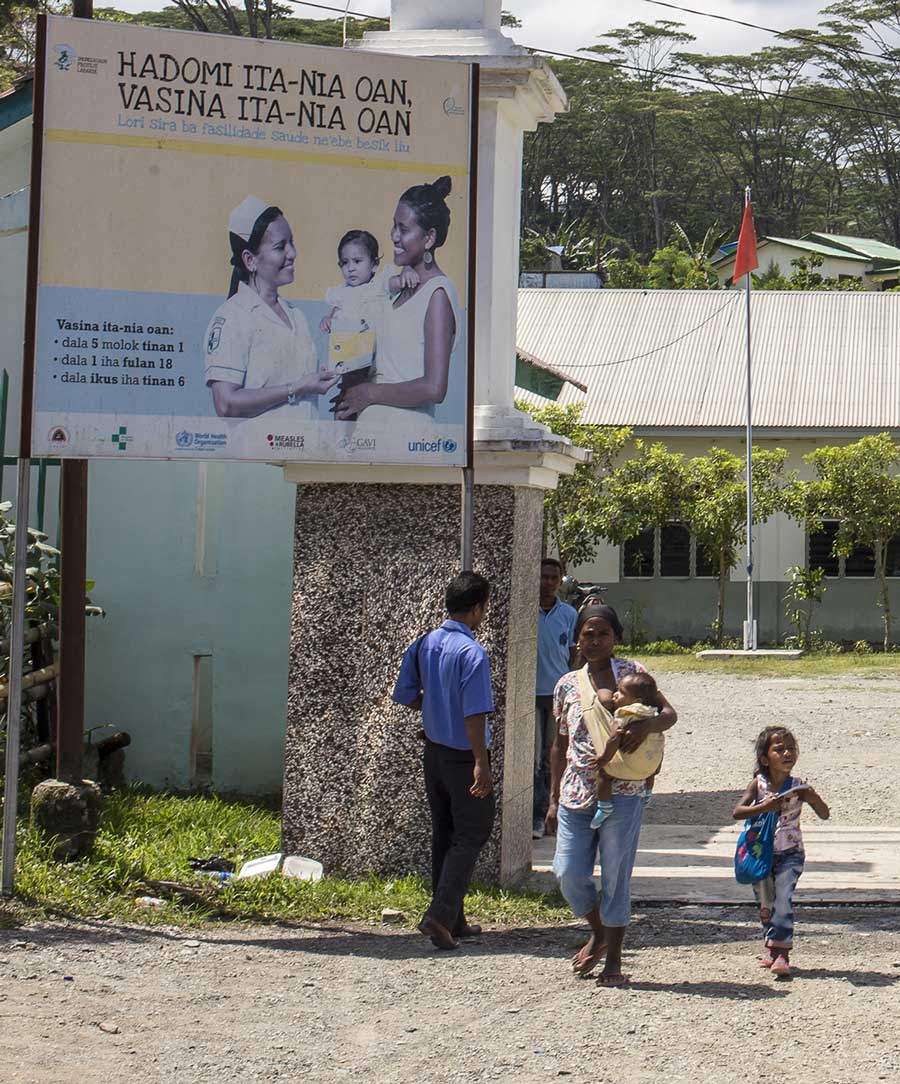
Gavi/2016/Antti Helin
In 2019, Nigeria increased its immunisation coverage (from 53% DTP3 coverage in 2016 to 57%a in 2019) – through efforts led by the National Primary Health Care Development Agency (NPHCDA). At the same time, the government funded more than half (i.e. 57%) of total vaccine needs – meeting the terms of the Accountability Framework – despite oil price volatility that continues to impact Nigeria’s growth performance.
… and afterwards
To date, countries that have transitioned from Gavi support have for the most part sustained the performance of their immunisation programmes. Of 15 countries that transitioned more than one year ago,b 8 have successfully maintained their level of DTP3 coverage above 90%. Of the remaining seven countries, all but two have either maintained or improved their coverage levels since transitioning.c
However, some countries may transition with specific institutional capacity weaknesses; for this reason, we also support countries after they have transitioned from Gavi support, to help ensure they are able to maintain high coverage rates. We work with them on issues such as supply chain; leadership, management and coordination (LMC); and catalysing new vaccine introductions through targeted technical assistance and capacity building. This support is customised, time-limited and catalytic.
Gavi funds additional regional and global initiatives to support countries after they have transitioned from Gavi support – for example, training for journalists in the Americas and Europe to help ensure that accurate, evidence-based information about immunisation is published in the media. Countries that have transitioned also have access to a peer-learning platform to help them share and build on best practices, as well as support for capacity building on health financing, provided in collaboration with the Global Fund and the World Bank.
As part of Gavi 5.0 (the 2021–2025 strategic period), work is ongoing to institutionalise an Alliance-wide approach to support post-transition countries to successfully maintain and increase their programme performance.
Read more about how Gavi has accelerated equitable uptake and coverage of vaccines in Gavi’s 2019 Annual Progress Report.
More from Gavi Staff
Recommended for you
